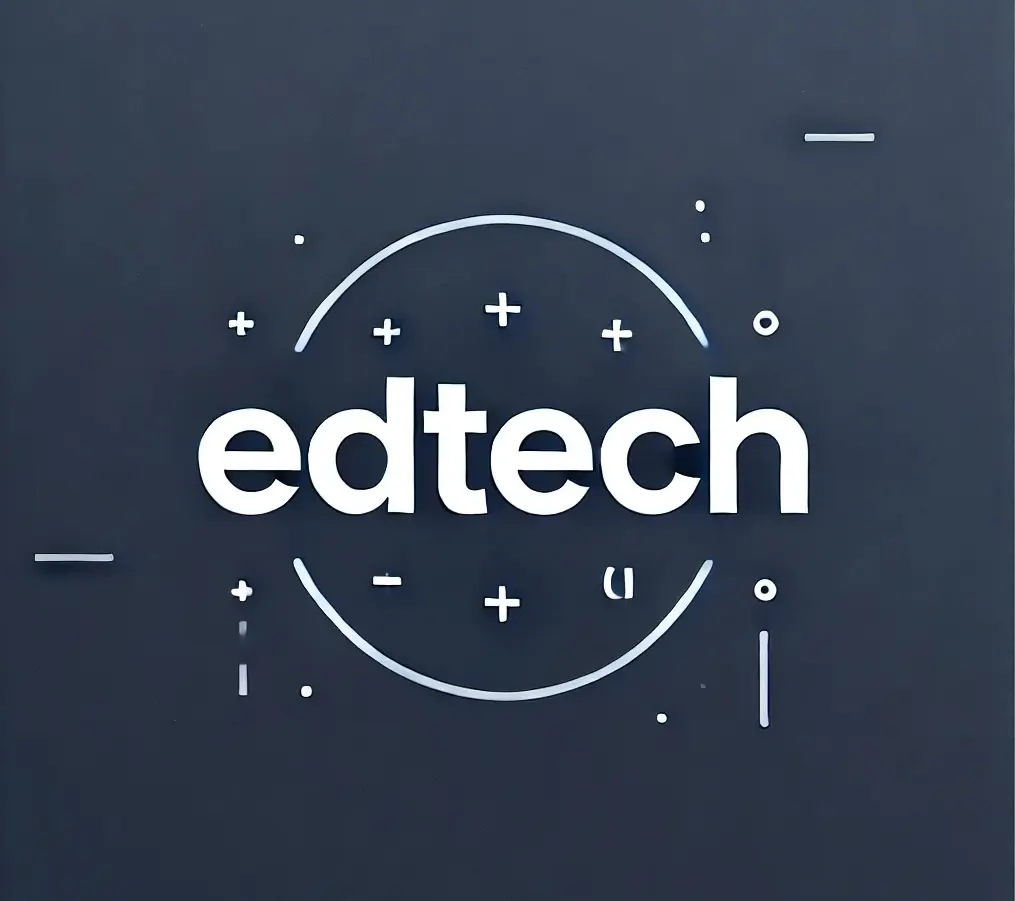A new report, “Leading Perspectives on the State of Digital Courseware in Low-Resource Countries,” produced by the mEducation Alliance and the Spix Foundation, is shining a spotlight on the challenges and the creativity defining edtech in Africa today. Based on input from 41 ministry officials, global experts, and on-the-ground implementers across eight African countries, the report pulls no punches in identifying the biggest roadblocks to scaling digital learning.
Digital infrastructure is still a serious challenge across Africa. In some countries, as low as 2% of primary schools are connected to the internet. Even basic access to online educational tools remains a dream for learners and teachers in these environments. Instead of dwelling on what is missing, the report amplifies what’s working.
“This research is critically important because it identifies both structural barriers and practical solutions that have proven effective across diverse African contexts,” said Anthony Bloome, Founder and Executive Director of the mEducation Alliance. “By documenting innovations from multiple countries and bringing together voices from across the continent, we can accelerate progress through shared learning rather than reinventing solutions in each country.”
Examples of innovation are emerging from across the continent.
In Kenya, the government’s Digital Literacy Programme has already distributed digital devices to over 20,000 public primary schools and trained more than 75,000 teachers. The aim is to equip students with 21st-century skills by embedding technology directly into the curriculum.
Ghana, on the other hand, is working with Zambia to build a shared Learning Management Platform offering pre-recorded lessons and teaching resources in English and math.
Rwanda is showing how strong policy frameworks can fast-track edtech adoption. With support from partners like the World Bank, the country is building a more structured approach to digital learning, extending beyond simply adding computers to classrooms.
There are still some challenges, though. Many countries saw their digital learning efforts fast-tracked during COVID-19, using mobile phones and even social media to reach learners. But as John Kimotho, former Director of Educational Media at Kenya Institute of Curriculum Development, notes, these solutions often existed outside formal policy frameworks.
“The pandemic pushed practice ahead of policy,” Kimotho said. “Now we need to codify these successful practices into comprehensive policies that address interoperability, infrastructure, and culturally relevant content.”
The report outlines five key interventions needed to unlock Africa’s edtech potential:
- Open-source platforms and data-sharing protocols – to ensure access isn’t tied to proprietary systems.
- Offline-first design – so learning can continue even in areas without stable internet.
- Teacher training in digital pedagogy – because without skilled educators, technology alone won’t make an impact.
- Quality assurance frameworks that prioritize local context, affordability, and accessibility.
- Pan-African standards for digital platforms – to foster regional collaboration and interoperability.
The need for action is urgent. By 2030, Africa will need an estimated 23 million additional STEM graduates, according to the World Economic Forum. That means scaling up high-quality education, fast.
Also Read: Driving Digital Transformation in Emerging Economies Through Media, Fintech & EdTech



